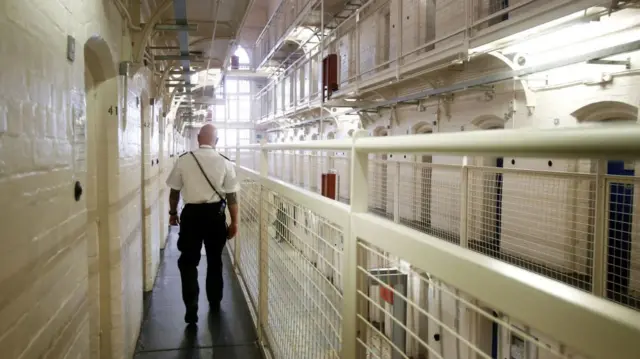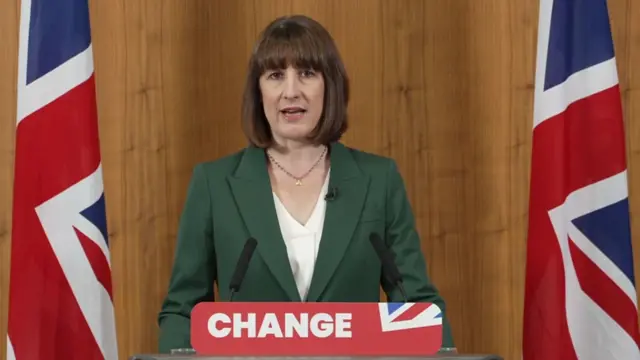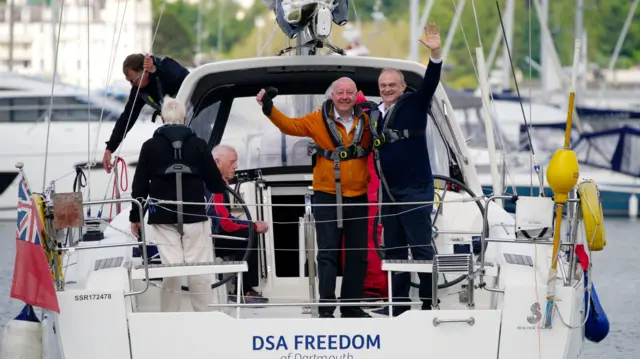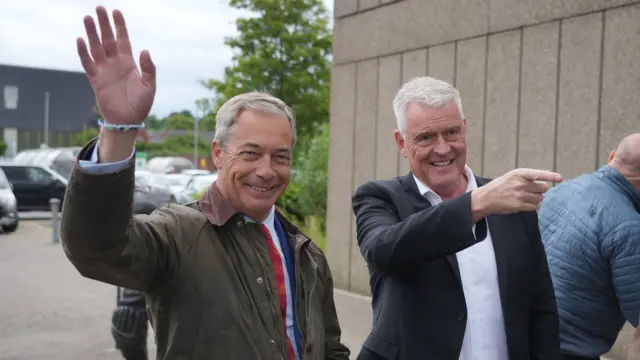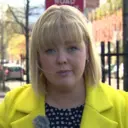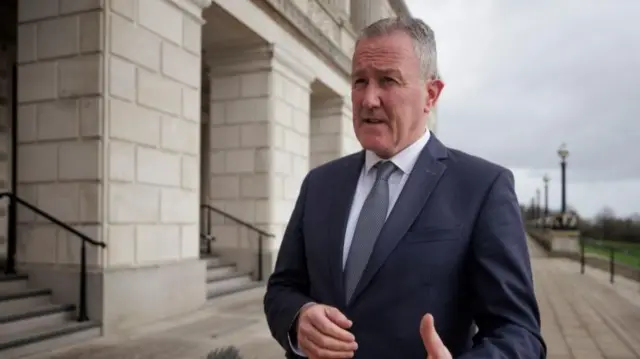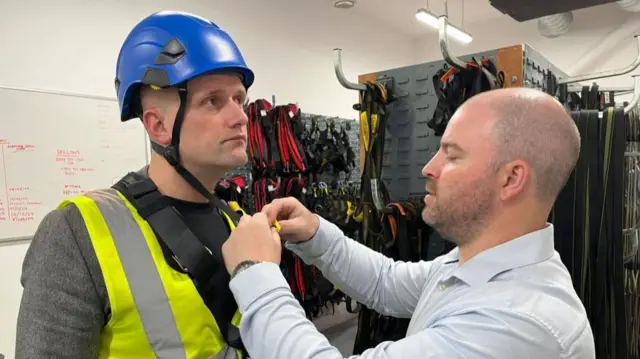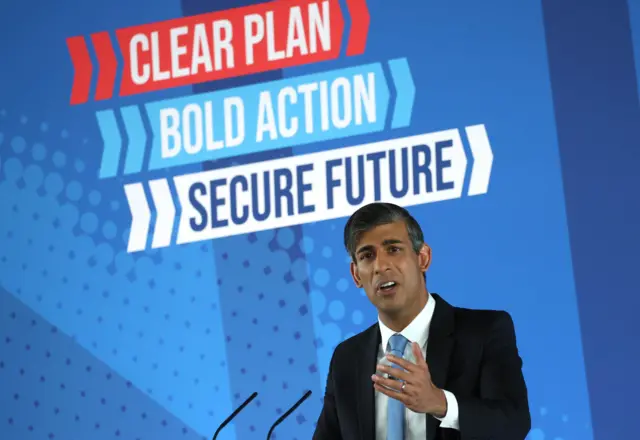Reeves appears to rule out Labour fuel duty hikepublished at 18:16 BST 11 June 2024
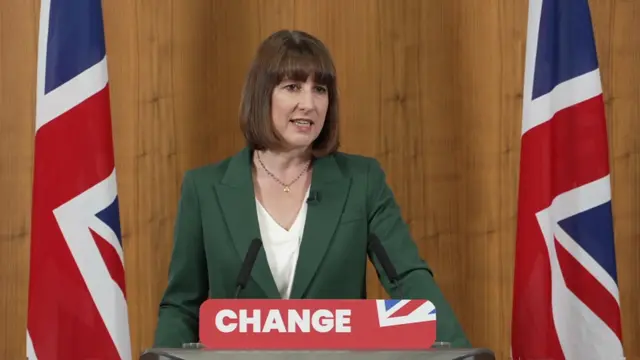
We heard Labour's shadow chancellor Rachel Reeves respond to the Conservative manifesto a little earlier, which you can catch up on here.
During a subsequent Q&A, she appeared to suggest a future Labour government would not hike fuel duty. The rate of tax on petrol and diesel has been frozen for more than a decade and cut in recent years. The tax raises almost £25bn for the public finances, according , externalto the Office for Budget Responsibility.
Asked about her position on fuel duty, Reeves said "judge me on my record", adding: "Every time that fuel duty has threatened to go up, we've opposed it, we've supported the freezes in fuel duty every time during the course of this parliament."
That answer will likely be comforting to motorists who have got used to the tax they pay at the pump being held down.
We're due to see Labour's manifesto unveiled on Thursday. The Green Party are launching theirs tomorrow, while the SNP, Reform UK and Plaid Cymru's are expected in the next week or so.




